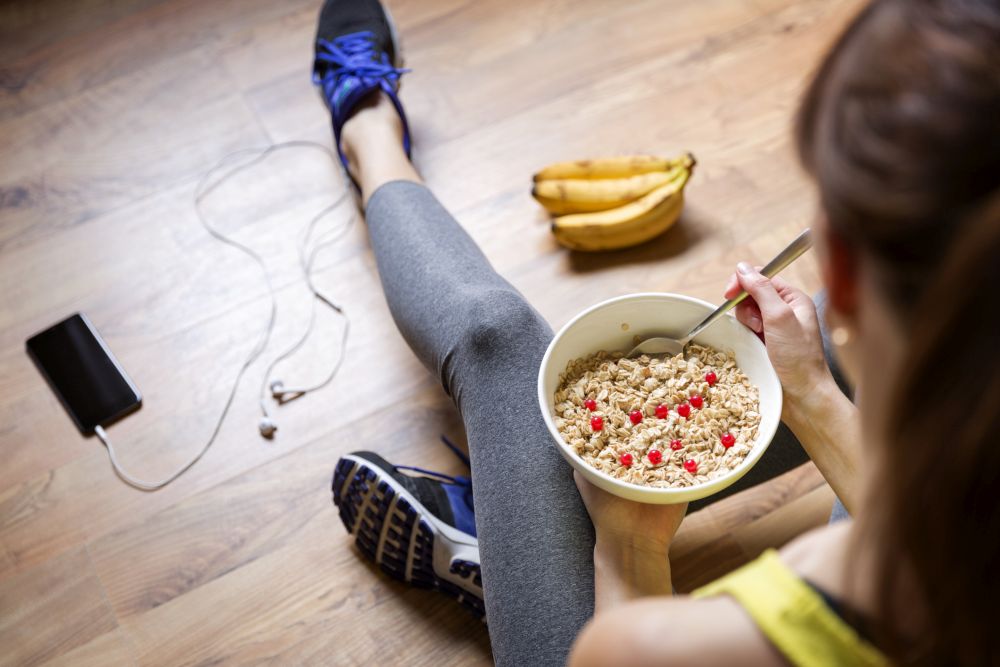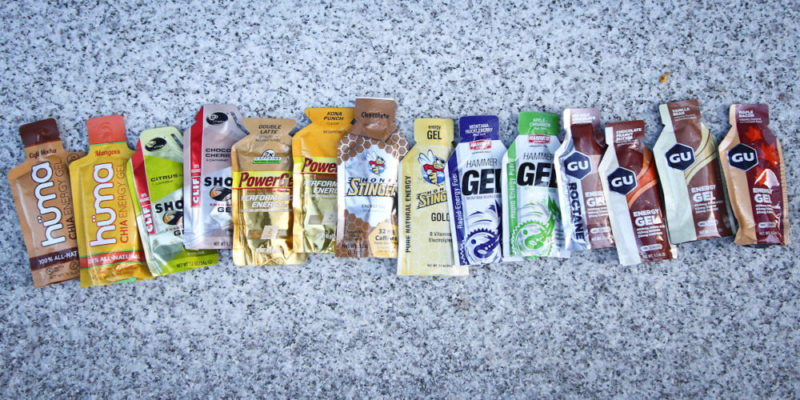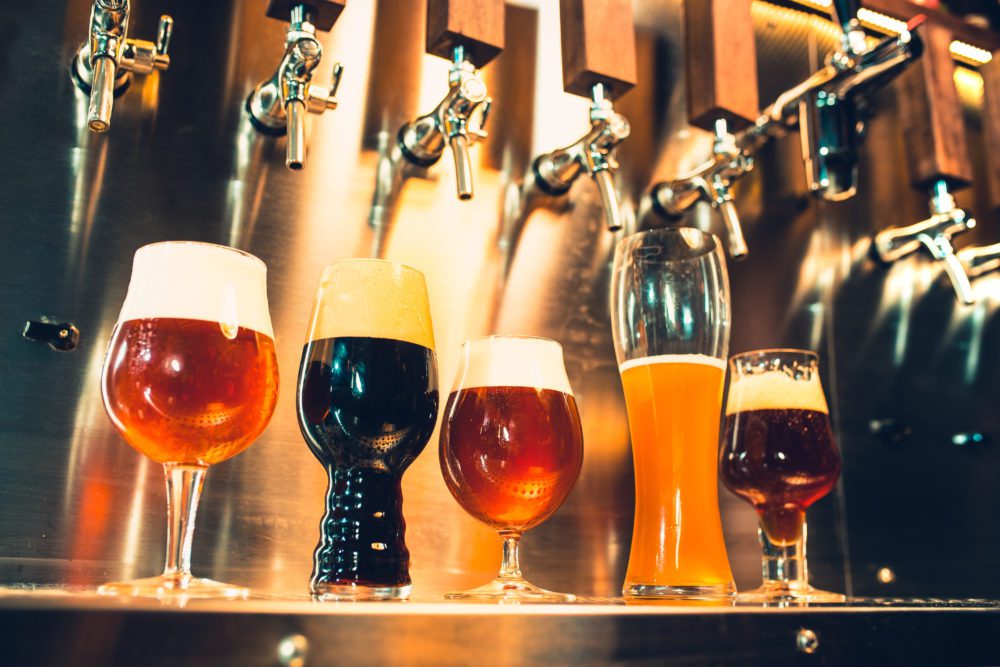Your top nutrition questions, answered
These are the basics of nutrition and running performance

Nutrition is very important for running performance, but with so much information out there, it can be difficult to distinguish between good and bad nutrition advice. We’ve narrowed down a list of the top nutrition questions runners ask to help you navigate the often over-complicated world of sports nutrition so you can perform at your best.

Male runners vs. female runners: how do their nutrition needs differ?
How much do I need to eat?
The first rule of performance nutrition is to eat enough to fuel your activity level. Runners expend a tonne of energy during training, and if you want to continue to run well day after day, you need to replace what you’ve used up. The simplest way to ensure you’re eating enough is to listen to your body: if you’re hungry, eat, even if it’s outside of a regular mealtime. For those who want to get more specific, most experts recommend consuming the following amount of calories depending on your training each day:
- 60-90 minutes of running requires 19 to 21 calories per pound of body weight.
- 90 minutes to two hours of running requires 22 to 24 calories per pound of body weight.
- two to three hours of running requires at least 25 to 30 calories per pound of body weight.
For example, a 150-pound runner who’s going for a one-hour run should eat approximately 3,000 calories. It’s important to remember when deciding how much you should eat on any given day, runners shouldn’t concern themselves with reducing calories on their shorter or easier days, but instead should focus on increasing their calorie intake on longer or higher-intensity days.
What should I eat before a run?

The foods you eat before a run should be simple, easy to digest and high in carbohydrates with a little bit of protein. You should avoid too much fat before a run, since it is more difficult to digest, and ideally you should eat at least one hour before heading out for your run. A piece of toast with a bit of jam or honey is a good choice if you’re eating within an hour before your run, but if you’re running first thing in the morning, a quick snack like half a banana or a small handful of dates can give you a quick boost before heading out the door.
What should I eat after a run?
After a run, you need to replenish your carbs, protein, fluids and electrolytes. Immediately after your run, focus on re-hydrating with water or an electrolyte beverage, before moving on to something more substantial that includes a good mixture of complex carbohydrates and protein. Ideally, you should be refueling within 30-60 minutes following exercise, and most runners should avoid heavy or greasy foods, since they can be difficult to digest after a run.
Do I need to carb-load before my race?
As long as you’re eating well and replenishing your carbohydrates after each run, you likely do not need to carb-load before a shorter race like a 5K or 10K. If you’re running a longer race like a half or full marathon, you should start increasing your carbohydrate intake three or four days before the race, focusing on low-fibre options like white rice or pasta. In the days leading up to the race, aim to consume five grams of simple carbs per pound of bodyweight.
Do I need to fuel during a run or race?

For runs and races that are less than 90 minutes, you generally do not need mid-run fuel. For longer races, you should consume carbs every 30-45 minutes to maintain your blood glucose levels to avoid “hitting the wall.” There are many different fueling options out there, including drinks, gels and chews, and it will require a bit of trial and error to figure out what works for you. Whatever you choose to use, always make sure you practice your fuelling plan during training to figure out what your stomach can tolerate, so you don’t have any tummy troubles on race day.
How much water should I drink?
Hydration is a very important part of nutrition for runners, particularly in the warmer months when you’re out sweating a lot more. Runners should aim to keep their pee a pale yellow colour (dark pee is an indication that you’re dehydrated) by drinking water throughout the day, and making sure they drink plenty of water after they finish a run or workout.
Are there performance benefits to running on an empty stomach?
Fasted training has received a lot of attention in the last few years, but for most runners, it’s not a good idea. Recent research has shown there is very little benefit to training in a fasted state, and runners who are concerned with performance should always ensure their glycogen stores are topped-up.
Is it OK to drink a beer after a run?

When consumed in moderation, there is nothing wrong with having a cold beer after a run, but it should not replace regular water or an electrolyte beverage. If post-run brews are a favourite tradition of yours, just make sure you limit them to no more than one or two, and always drink your water first to avoid dehydration.
Do I need to eat healthy all the time?
Nutrition is important for performance and eating a healthy, balanced diet will help you become a better runner, but that doesn’t mean you need to be perfect all the time. Eating is about more than performance — it should be enjoyable, too. This means that most of the time, you want to focus on having a solid nutrition plan, but you should always make room for your favourite treats, too. After all, there is more to life than running performance and perfect nutrition.


